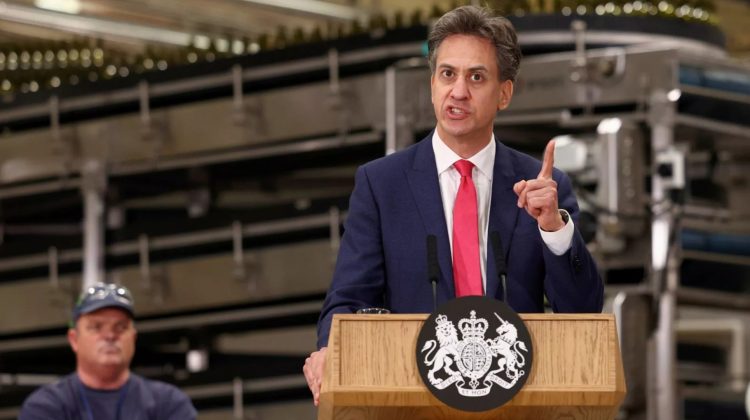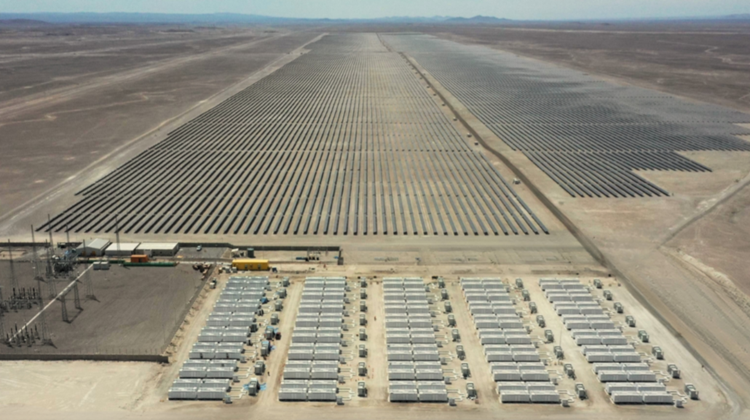The UK government has announced a significant amendment to the Great British Energy (GBE) Bill, prohibiting the state-owned company from investing in projects using solar panels linked to forced labor in China.
The measure responds to growing concerns about the use of polysilicon from China’s Xinjiang region, where human rights abuses against the Uyghur community have been reported. The amendment, initially proposed by Lord David Alton and supported by MPs from across the party spectrum, seeks to ensure that GBE operates with supply chains free from modern slavery.
Great British Energy will act to ensure supply chains free of forced labor, according to an amendment tabled by the government today.
Owned and operated by the British public, Great British Energy will be an industry leader in building new energy infrastructure using ethical supply chains.
A new measure included in the British Energy Bill will allow the company to ensure that forced labor does not occur in its business or supply chains.
This amendment is the government’s latest step to address the issue of forced labor as it becomes a global leader in clean energy. Great British Energy can now prevent suppliers who employ illegal and immoral practices from bidding for its contracts.
Energy Minister Michael Shanks said:
“Great British Energy will be an industry leader in developing forced labor-free supply chains, while driving us forward in our mission to be a clean energy superpower”.
“Owned by and for the British public, Great British Energy will be an institution we can all be proud of as we build our clean energy future here in the UK”.
The government has already:
- brought into effect the Procurement Act 2023, allowing public bodies to reject bids and terminate contracts with suppliers known to use forced labor.
- Committed that Great British Energy’s strategic priorities will include an overall expectation to address forced labor, becoming an industry leader in this space, as is expected of any British public-owned company.
- It was established that Great British Energy will appoint a senior leader in ethical supply chains and modern slavery.
- Relaunched the Solar Taskforce to develop supply chains that are resilient, sustainable, and free from forced labor.
- Encouraged renewable energy developers to access its flagship Contracts for Difference scheme to grow their supply chains through the Supply Chain Blueprint process.
- Published updated guidance on making modern slavery declarations, which provides all companies and public bodies with practical advice on how to address modern slavery in their supply chains.
- The Solar Roadmap will set out how the government will work with industry to triple UK solar capacity by 2030. It is expected to be published later this year.
Chris Hewett, chief executive of the trade association Solar Energy UK, said:
- “Solar Energy UK welcomes the government’s amendment to the UK Energy Bill”.
- “The Solar Stewardship Initiative (SSI), which we developed together with SolarPower Europe, is already having a real impact on the global supply chain. By the end of this year, SSI-certified manufacturing plants will be able to produce 100 gigawatts of solar panels per year in independently assessed plants that are not complicit in forced labor. This is approximately five times more than all existing solar panels in the UK combined, more than enough to meet demand in both the UK and the EU. This figure will continue to grow”.
- “Given the progress made to ensure the UK supply chain is free of solar panels produced with raw materials tainted by human rights violations, we are confident that solar energy deployment will not slow. The amendment poses no threat to achieving clean energy by 2030 or reaching net zero by 2050”.
This latest commitment will support growth in the UK and plans to deliver clean energy by 2030, using domestic suppliers, along with those around the world, with safe supply chain practices.
The solar industry is confident that the government can meet its clean energy ambitions while also addressing forced labor in supply chains, and the 2030 Clean Energy Action Plan lays out the supply chain requirements to meet this ambition.



























